- Co-chair Lauren Hood and southwest city rep Maurice Weeks dropped out
- It comes just eight months after the group had its first meeting in April 2023
- Hood cited the force ‘lacking a broad strategic vision’ as her reason for leaving
Detroit’s reparations task force has been rocked by two resignations less than a year after it was created.
Co-leader Lauren Hood said that along with southwest city representative Maurice Weeks, she had been considering leaving for months due to the group ‘lacking a broad strategic vision’.
‘I think, collectively, that group of people has different ideas about what reparations is fundamentally and we didn’t get to a place where we had a broad strategic vision,’ Hood told the Detroit News.
The task force was given a $350,000 budget to develop recommendations for housing and economic programs which ‘address historical discrimination against the Black community in Detroit’ according to the City Council website.
City Council leader Mary Sheffield heralded the group’s launch in March with a triumphant press conference, flanked by the 13 new recruits including Hood and Weeks.
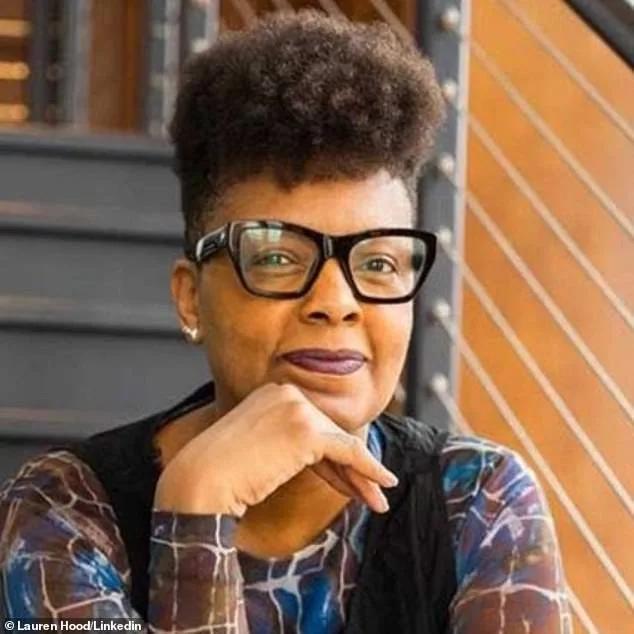
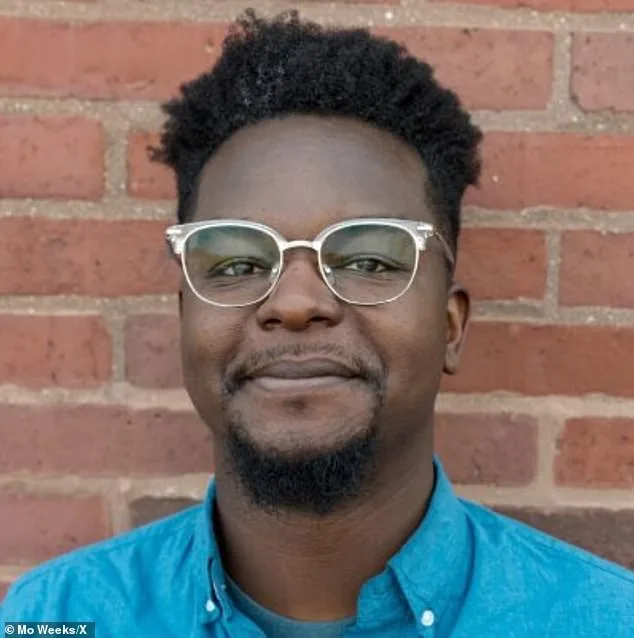
She said the members would research ‘the harm done to Detroiters through slavery through the systemic racism practices of the past and present’ before engaging the community ‘to figure out what it wants as relates to reparations’.
They had their first meeting in April this year, but the group appears to have already descended into chaos.
Its leaders are Michigan Democratic Black Caucus chairman Keith Williams, who campaigned for its creation, along with Hood, who is chief visionary for think tank AfroUrbanism.
Hood told the Detroit News that the group was ‘getting things done’ but they ‘desperately need a strategy for how we engage the public around this work’.
Also a trustee for the Charles H. Wright Museum of African American History, Hood added that there was no plan for how the public would be engaged in the work.
‘We had some concerns at the last meeting that we had and nothing really changed. So it’s just like, how long do you stay the course when you don’t see anything changing?’ she said.
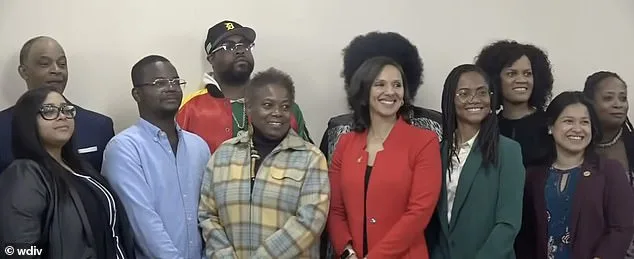
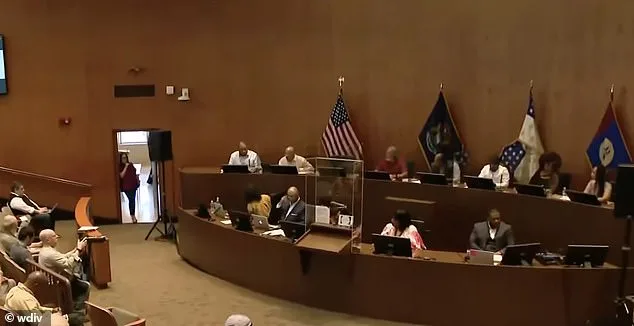
The resignations by Hood and Weeks, along with the death of former councilor Rev. Dr JoAnn Watson in July means the membership is now down to 10.
Hood said she hopes the resignations spark action from the group.
‘Perhaps this is what needed to happen,’ she said. ‘That we needed to make space for other people to be able to show up in their full capacity.’
Detroit’s City Council members will have to recommend and vote on new appointments when sessions resume in the new year.
The remaining co-chair Keith Williams told the Detroit News that the task force would not be shaken by the early blows, saying ‘the task at hand is bigger than two members’.
‘To me, no one person is bigger than the mission of reparation because the mission should be about bringing relief to the thousands of Black people who suffer from racist practices of the past,’ Williams said.
‘This is not the time to blame anyone because this is sacred work and we must finish the job that the citizens of Detroit voted for.’
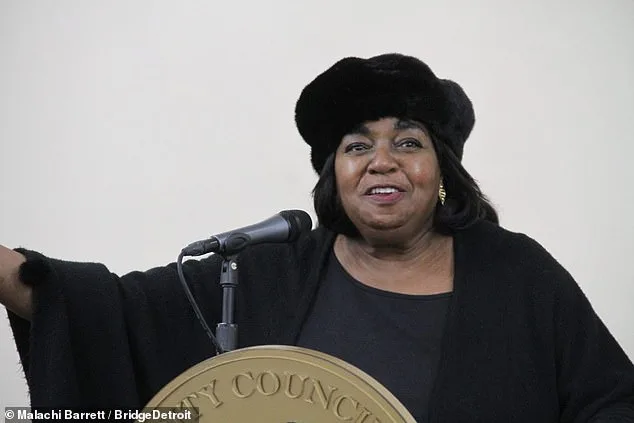
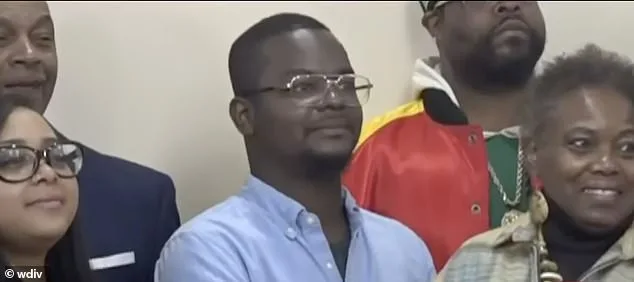
The group was created after Detroit residents voted to approve creating a task force focusing on housing and economic issues. They envisioned the development of long-term recommendations – but the group has no legislative power.
Detroit reparations task force will have to submit a report of its findings and recommendations to the City Council within 18 months.
Williams said they are on track to complete the report. ‘To put a report together, you need to study the harm caused and how do you solve it,’ he added.
‘We’re doing research from the 1930s to present day. There’s a lot to this I did not realize.
‘The mission is too great to be sidetracked. More young folks are engaged in helping us move agenda forward and I’m impressed by them most of all.’
The City Council leader Mary Sheffield said in a statement that the task force was designed to be community-led with limited involvement from the council.
‘City Council has done our part by appointing members in a timely fashion and by ensuring funding was secured and appropriated to help facilitate the Taskforce’s work,’ she said.
‘Anytime you assemble a 13-member body, all with different opinions and personalities, to tackle such a difficult subject such as reparations, it will take time to get everyone rowing in the same direction.’


